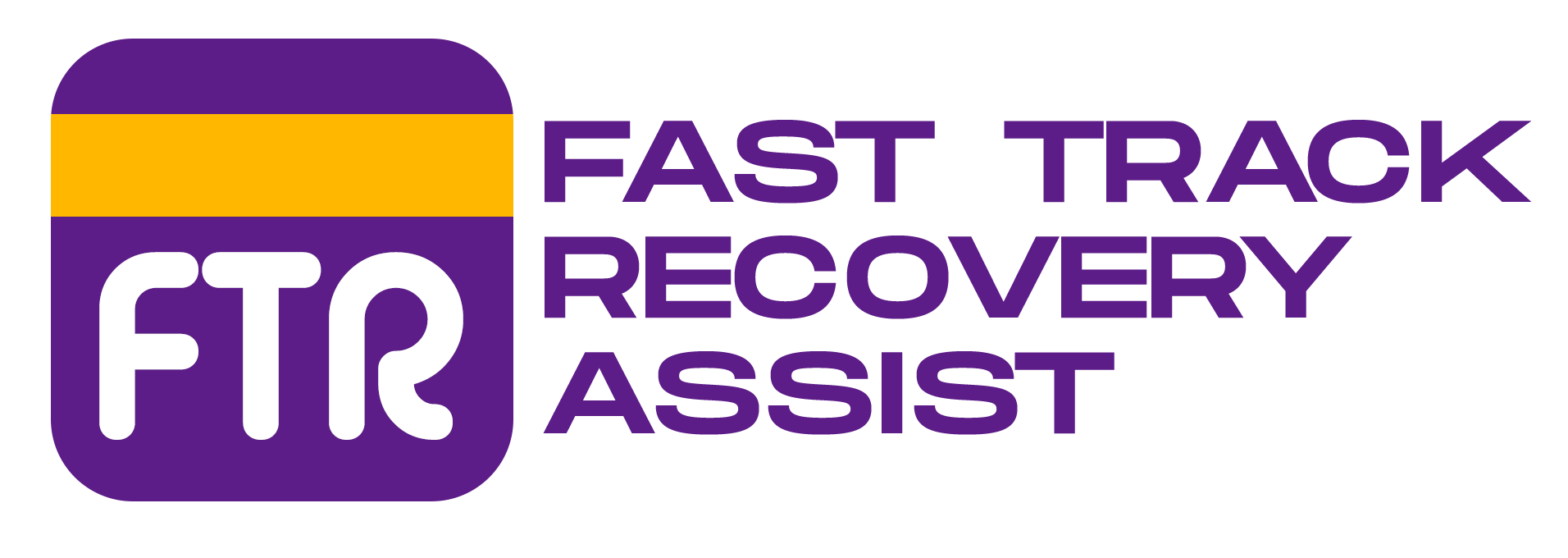Cryptocurrency Scam Investigations
- February 15, 2024
- Posted by: admin
- Category: Scams


Digital and virtual currencies secured by cryptography – cryptocurrencies – have been around for more than a decade now, and people from all walks of life have been legitimately using and trading this new type of currency for great rewards.
Unfortunately, with any new investment opportunity comes an influx of scam attempts. In 2018, the Australian Competition and Consumer Commission reported that crypto scams had become the second most common type of investment fraud affecting Australians. What’s more, the Federal Trade Commission reports that over 46,000 Americans lost a total of $1 billion to cryptocurrency scammers between January 2021 and June 2022.
Harnessing a worldwide network of whistleblowers, expert witnesses and international partner agencies, Fast Track Recovery Assist is a global leader in crypto scam investigations. Equipped with over 30 years of experience in evidence gathering, our licensed investigators unravel fraudulent cryptocurrency operations to reveal the criminals and money trails behind them.
This actionable intelligence can be used to help recoup your money and prosecute the scammers who pocketed it. Book a consultation with Fast Track Recovery Assist to arrange a crypto scam investigation today.
What Is Cryptocurrency?
Cryptocurrency is a digital currency that usually only exists electronically. Although they’re often thought of as a new trend, cryptocurrencies have been in development for a long time. Bitcoin, the most well-known cryptocurrency, was launched in 2009. More than 2,000 cryptocurrencies are active on the international market.
Standard currencies (such as the Australian dollar) are centralised and regulated. These have a middleman (a bank or the government) to keep a record of how much currency is available and who has what. This helps to track fraud attempts, such as counterfeiting.
A cryptocurrency peer-to-peer trading system has no middleman. Instead, all logs are recorded in a ‘blockchain’. People who own some of a particular cryptocurrency keep track of payments and transfers. If person A sends a bitcoin to person B, every bitcoin owner is notified. The blockchain speaks to participants’ computers, and when they all agree on where the money is, an extra ‘block’ is added to the chain with updated balances and the whereabouts of the money.
Crypto payments are irreversible and lack legal protection, with no centralised authority to monitor transactions. Consequently, this poorly regulated system is the perfect breeding ground for scammers.
Cryptocurrency Investment Scams
Cryptocurrency investment scams include Initial Coin Offerings (ICOs). These are ways that new cryptocurrencies fund their startup by offering new investors the opportunity to receive coin tokens in return for money. While legitimate ICOs do exist for the development of genuine cryptocurrencies, they are also a favourite mechanism used in cryptocurrency fraud.
Many ICOs are marketed without any real technology or legitimate business plans to back them by individuals or small groups with little to no industry or IT experience. In recent years regulatory bodies have prosecuted scam ICO perpetrators. In 2019, the US Securities and Exchange Commission charged the CEO of a software company worth $42million, for defrauding investors through an ICO.
